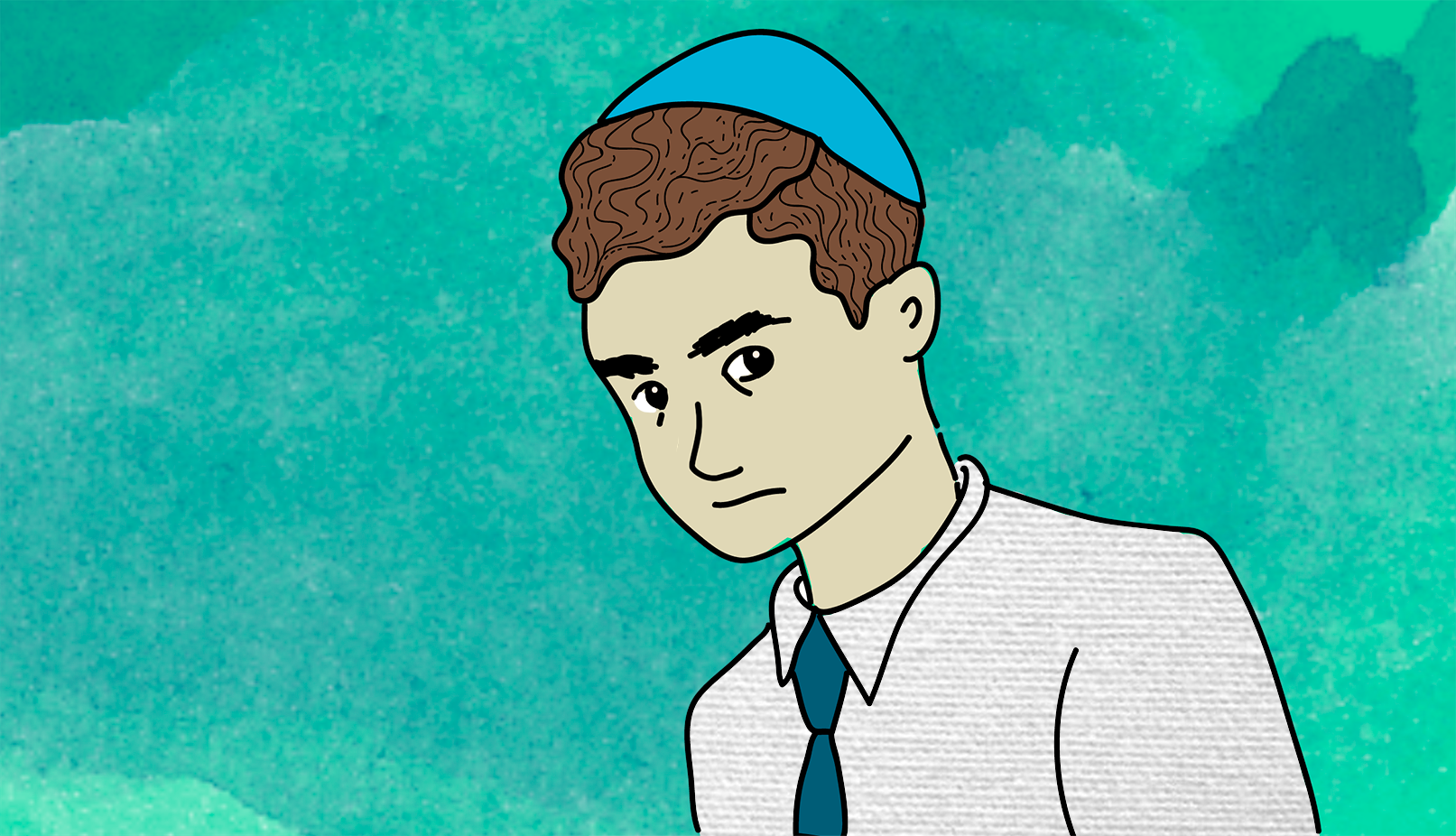Less than 100 years ago, my great-grandmother Sylvia arrived in the United States.
Like thousands of Jewish immigrants, she worked alongside her uncle in New York as a tailor. Free from the pogroms of Europe, the two hoped to use their meagre earnings to reunite their family in America as the flames of antisemitism surged through Europe. However, the dream proved futile. Unlike Sylvia, her family never crossed the Atlantic. Instead, they perished in a blaze of gunfire when the Germans marched inside the synagogue and massacred all those left behind.
As a child, I remember my grandmother’s tales of her eagerly awaiting letters from relatives in Europe. Later, these conversations made me wonder what Sylvia thought when the letters stopped coming. How long did she sit in anguish before she learned that no family remained as the world heard of the horrors inflicted on her family and the Jewish people?
The manifestation of antisemitism murdered whatever extended family my mother could dream of—there are no great-uncles or aunts, no cherished tales of the French countryside or the British isles—no history, no records, only death.
I am not Sylvia nor my grandfather Moshe; I am not my mother—however, through such lineage, I am the product of incredible tragedy as well as triumph. My grandparents overcame what their parents endured; they found refuge and built a life in the United States. Antisemitism persisted, but they could finally pursue their dreams––my grandfather realized his own when he became a curator at the American Museum of Natural History.
I mention such accomplishments to paint the picture that although I may appear only as an American, a history of persecution lives in me. The savage effects of antisemitism that plagued my ancestors remain in my DNA; but so does their courage.
Unfortunately, the ideologies that inspired the ultimate extermination of my ancestors crept into the Concordia Global Affairs Association. Under their banner, the Concordia MUN team––called the Concordia External Delegation (CED)––evolved into a hostile environment for Jewish delegates. In my few years as a delegate, I’ve listened to the leadership’s emphasis on comradery and excellence. Nonetheless, this semester, those words rang hollow.
Last month, a new delegate, filled with hatred for Jews, ranted at a Jewish delegate using vile slurs—clearly in violation of CED’s values. Despite the leadership being aware of the confrontation, they remained silent. A week later, I asked why the delegate remained on the team. Unsatisfied with the leadership’s response of “we can’t get mad about everything,” I presented an ultimatum: I would not compete at the upcoming conference alongside an antisemite who tarnished my friend with antisemitic slurs.
To a point, I concur with the leadership’s assertion. People are capable of change and outrage is not a productive solution. Perhaps through education, the delegate’s ignorant worldview is capable of change. But, as long as sentiments of hate remain, bigotry requires consequences.
Witnessing and experiencing antisemitism is insufferable not only because of the words of the bigot, but the silence of the onlookers. The sensation is a reminder that some will always consider a Jewish person––someone like me––different, not belonging, and tainted. However, the fear caused by the bigot pales in comparison to the inaction of his audience. My heart raced, stomach churned and jaw-clenched as it dawned on me that hatred towards people like me did not bother those I considered teammates, friends and leaders. If comparing Jews to Vernon elicited no response, then what would?
The coup de grace of my MUN career came a few hours before the conference. I looked out at the darkening sky contemplating the social and professional consequences of following through on my pledge to quit the team. Then it dawned on me, the inaction of the leadership and silence of the majority required a resignation––there was no choice.
Thus, I sent a letter one week ago resigning from the team. A few moments later, the leadership announced the expulsion of the antisemite from the delegation. I support the decision and hope it serves as a lesson to change the now-former delegate’s heart. However, the unsettling reality remains; the antisemite may be out but so is a Jew.
Following the resignation, the silence of my teammates discouraged me. I questioned if quitting the team achieved anything or simply delayed the normalization of antisemitism. However, I found hope in another delegate’s unexpected resignation. Upon learning the circumstances of mine, she told me that she would not compete in a culture tolerating antisemitism. Neither Jewish nor obligated, her action separated the sea of doubts plaguing my mind. Her departure reminded me of our collective obligation to work alongside each other, even when not personally affected, to fight the day when our differences are not only tolerated but embraced.
Graphic by @sundaeghost




